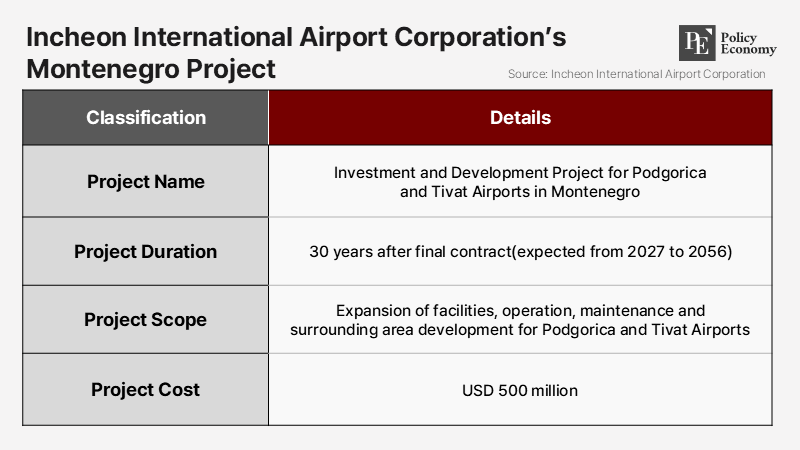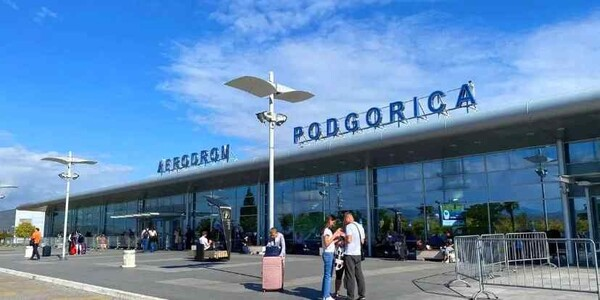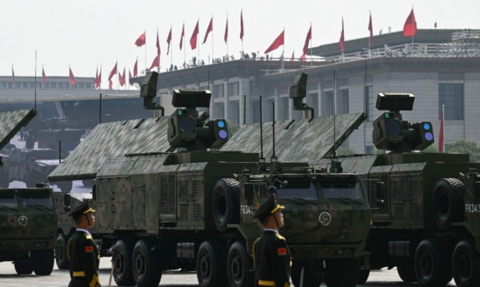Incheon Airport Corporation Ranks First in Montenegro Airport Bid: “Despite Overwhelming Score Gap, Final Decision Faces Turmoil”
Input
Changed
Podgorica and Tivat airport concessions at stake Defeats European contenders such as CAAP and TAV-ADP consortium If finalized, secures up to 30-year operating rights

Incheon International Airport Corporation (IIAC) has been selected as the preferred bidder for the airport operation rights in Montenegro, located in the Balkan Peninsula of Europe. This marks the first time a Korean airport operator has outperformed European competitors in mainland Europe. The successful bid positions Korea's airport export initiative on the brink of securing operating rights for two European airports, but controversies surrounding the bid process's transparency, internal discord, and potential legal disputes suggest the final confirmation may encounter significant hurdles.
First Place in a European Bidding War
On July 21, IIAC announced that it had ranked first in the bidding for Montenegro’s “Public-Private Partnership (PPP) Project for Development and Operation of Two Airports” involving facility expansion, operations, and maintenance. The PPP model entails private entities investing initial capital and managing development and operations for a certain period to generate returns. Public institutions participating via equity investment earn operational profits, while construction firms gain overseas contracts, making it a win-win strategy.
The project covers the operation of Podgorica Airport, the capital’s airport, and Tivat Airport, a major tourist destination on the Adriatic coast of Montenegro, for a period of 30 years. It is considered a critical infrastructure initiative in anticipation of Montenegro’s accession to the European Union (EU).
IIAC distinguished itself from competitors that focused on large-scale upfront investments and real estate-driven development by presenting an optimal investment strategy grounded in operational efficiency and long-term profitability. Key elements of IIAC’s proposal included a rational construction schedule, implementation of a “Quick Win” passenger service quality program, balanced attraction of low-cost and full-service carriers, adaptation to market shifts post-Russia–Ukraine war, and sustained profitability of commercial facilities.
IIAC plans to invest a total of $72 million across Podgorica Airport, which served 1.8 million passengers last year, and Tivat Airport, which handled 1.3 million passengers. In partnership with the Korea Overseas Infrastructure and Urban Development Corporation (KIND), IIAC will establish a special purpose vehicle (SPV) locally, aiming to finalize a contract with the Montenegrin government by year-end. The SPV will be owned 50.1% by IIAC and 49.9% by KIND.

Some Committee Members Gave Korea’s Proposal a Score of Zero
Montenegro officially launched the PPP bidding process for Podgorica and Tivat Airports in 2019, as the nation aims to join the EU by 2028 and requires robust gateway airport infrastructure. IIAC formed a consortium this January with the Ministry of Land, Infrastructure and Transport, Ministry of Economy and Finance, the Embassy of the Republic of Korea in Serbia, and KIND, entering the international bidding process in May. The Korean government and KIND spearheaded the "K-Airport Export" strategy, with Korea Development Bank and Korea Eximbank providing financial support, while KOTRA's Belgrade trade office handled local intelligence gathering.
Countries participating in the Montenegro airport bid included Korea, India, Luxembourg, France, and Türkiye. In early May, India withdrew, and France and Türkiye formed a joint consortium, resulting in a three-way competition. However, on May 10, despite being qualified, the France-Türkiye consortium—Aéroports de Paris-TAV—also withdrew, leaving IIAC and Luxembourg’s Corporacion America Airports SA (CAAP) as the final contenders.
Although industry expectations leaned toward IIAC, which boasts world-class operational expertise, the company faced a potential disqualification despite receiving high technical scores in June. At the time, the World Bank Group’s International Finance Corporation (IFC), acting as consultant, awarded IIAC’s technical proposal a score of 95 out of 100. However, Montenegro’s bid committee gave it only 79.7—below the 80-point threshold. CAAP received 80 points from IFC and 85 from the bid committee.
According to Montenegro’s local media outlet Vijesti, some bid committee members gave IIAC zero points for certain technical items such as runway and terminal expansion. A government source commented, “IFC consultants and the committee evaluated the same proposal very differently. The consultants gave near-perfect scores, but the same bidder was disqualified based on certain committee members’ ratings.”
Final Score of 96.18, Over 30 Points Ahead of Runner-up
As the controversy intensified in Montenegro, IFC questioned the evaluation criteria and requested a reassessment. Earlier this month, the committee conducted a second evaluation. IIAC scored 81.69, while CAAP scored 88.72, and the committee formally adopted the new results. Although committee chairman Niko Deljoša objected—arguing that the first evaluation, which was not officially adopted, should be included in the documentation—most members disagreed.
According to the published financial bid documents, IIAC and CAAP submitted different strategies. IIAC proposed a fixed fee of $100 million and a variable fee of 35% of annual revenue. CAAP offered a slightly higher fixed fee of $101 million but only 17% as a variable fee. While IIAC’s fixed fee was $1 million lower, its revenue-sharing rate was 18 percentage points higher, signaling strong confidence in long-term profitability.
Following the reassessment, IIAC secured a final composite score of 96.18, far ahead of CAAP’s 65.18, marking a major step toward contract award. However, severe internal discord within the bid committee and the possibility of CAAP filing an appeal suggest the final confirmation may face prolonged turbulence. Some committee members suspect that Chairman Deljoša’s actions are laying legal grounds for CAAP’s appeal. He was reportedly admonished for saying he “consulted a lawyer” during a meeting, which was criticized as “illegal conduct,” and subsequently left the room or claimed “someone falsified documents,” vowing to submit a dissenting opinion.
CAAP is also reportedly preparing an appeal, claiming external influence tainted the committee’s decision-making process. According to Vijesti, the committee must submit all documentation to the Ministry of Transport by the end of this month. Once the ministry publishes the notice, bidding firms will have 15 days to review and file appeals. If an appeal is submitted, the government’s concession committee must review it within 30 days, which could delay the final decision until September.





















